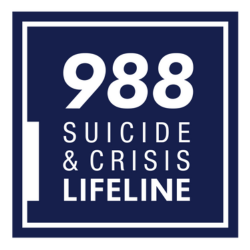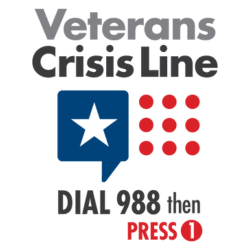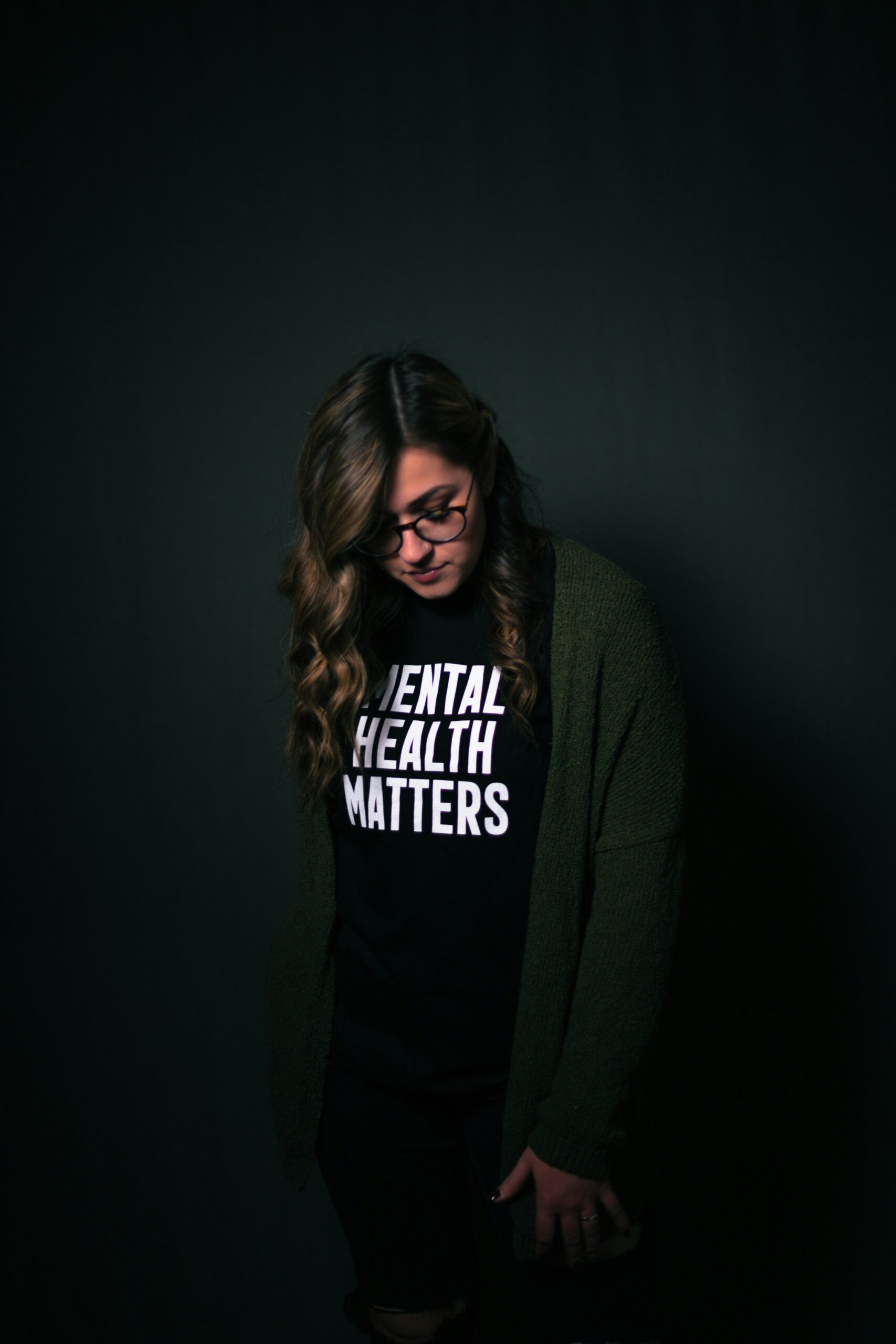crisis intervention
The Crisis Department provides support individuals who are experiencing a mental health crisis. If you, or a family member, are experiencing a mental health crisis please call 988 or the Crisis Save Line at 620-232-SAVE (7282). This phone number is available 24 hours a day, 7 days a week. Trained mental health professionals and crisis staff are ready to assist those facing a mental health crisis and help facilitate these individuals to the help they need in the least restrictive environment.
Mobile Crisis Intervention
Crawford County Mental Health Center is in the process of expanding the mobile crisis program. Mobile crisis is comprised of licensed clinicians and other trained staff who provide crisis intervention to those dealing with a behavioral or mental health crisis. Brief and intensive services are offered with the goal of reducing the need for a psychiatric hospitalization. The crisis team responds to adults and youth in crisis, over the phone, via telehealth or in a limited capacity onsite, to reduce emergency room visits and ensure everyone receives the proper care and follow up.
Staff is also available to provide consultation and guidance to the local emergency department, law enforcement and other community agencies that address the mental health needs of Crawford County residents.
Community Outreach
Crisis staff are trained on the Critical Incident Stress Debriefing model and can provide evidence-based debriefing in response to events that occur in the community which have the potential to produce a negative emotional impact on those involved.
The Crisis Department also provides liaison service to the local medical system and law enforcement to assist in diffusing crisis situations that may occur in the community.
Crisis Attendant Care and Crisis Case Management
Adjunct services that can provide follow-up to a formal assessment done by a clinician. This includes following up with individuals after a crisis to check on their welfare and assisting them in keeping follow-up appointments with their provider or helping them access other needed services and resources in the community.
Screening
The Crisis Department can help clients with admission to local and state psychiatric hospitals should they need that level of care.
Crisis staff will follow up with clients and assist in discharge planning and care coordination after leaving a psychiatric facility.
Crisis Stabilization Unit
Coming Fall 2024: Crawford County Mental Health Center will debut a 24/7, six bed Crisis Stabilization Unit (CSU) to provide a safe, structured environment for out-of-home (non-medical) stabilization for those experiencing a mental health crisis. The CSU will serve as a community-based alternative to psychiatric hospitalization for Crawford County residents age 18 and older, with the goal of reducing the number of unnecessary hospitalization and arrests in our community. Clients will have access to clinicians and staff who specialize in mental health crisis intervention. The length of stay will be determined by the individual needs of each client. Stays can range from 3-5 days. Upon discharge, clients will be connected with community-based services to maintain appropriate care. The CSU will be located at 3101 N. Michigan Street in Pittsburg, Kansas.
Youth Crisis Services
Youth Crisis Services are coming soon to Crawford County Mental Health Center. Stay tuned!
National Crisis Resources

988 Suicide & Crisis Lifeline
The 988 Suicide & Crisis Lifeline provides free and confidential emotional support to people in suicidal crisis or emotional distress 24 hours a day, 7 days a week, across the United States. The Lifeline is comprised of a national network of over 200 local crisis centers, combining custom local care and resources with national standards and best practices. It serves universal entry point so that no matter where you live, you can reach a trained mental health professional who can help.
Call 988 Suicide & Crisis Lifeline: click here

Veterans Crisis Line
The Veterans Crisis Line is free and confidential. When you call, chat, or text, a qualified responder will listen and help. You decide how much information to share. Support doesn’t end with your conversation. Our responders can connect you with the resources you need. Responders are trained in crisis intervention and military culture to serve Veterans, service members, and their families. Veterans can use this new option by dialing 988 and pressing 1 to contact the Veterans Crisis Line.
Call Veterans Crisis Line (then press 1): click here
Text Veterans Crisis Line: click here
Veterans Crisis Line Online Chat: click here
How to Recognize a Crisis
A crisis arises when an individual’s mental health challenges or substance use issues reach a point where they are difficult to manage independently. Each person experiences a crisis in a unique way, and what constitutes a crisis for one individual may not be perceived as such by another.
A crisis may look like:
-
-
Anxiety or panic attacks
-
Depression
-
Thoughts of suicide or self-harm
-
Hearing voices or feeling paranoid
-
Thoughts of hurting others
-
Substance intoxication or withdrawal
-
Know the Warning Signs
Some warning signs may help you determine if a loved one is at risk for suicide, especially if the behavior is new, has increased, or seems related to a painful event, loss, or change. If you or someone you know exhibits any of the following behaviors or signs, seek help by calling 620-232-SAVE (7283) or by calling and/or texting 988.
- Talking about wanting to die or to kill themselves.
- Looking for a way to kill themselves, like searching online or buying a gun.
- Talking about feeling hopeless or having no reason to live.
- Talking about feeling trapped or in unbearable pain.
- Talking about being a burden to others.
- Increasing the use of alcohol or drugs.
- Acting anxious or agitated; behaving recklessly.
- Sleeping too little or too much.
- Withdrawing or isolating themselves.
- Showing rage or talking about seeking revenge.
- Extreme mood swings.
Suicide Prevention Training
Crawford County Mental Health Center offers Adult and Youth Mental Health First Aid courses. These courses are designed to help individuals develop the skills they need to help someone who is experiencing a mental health challenge or crisis. If you are interested in learning how you can play a part in suicide prevention, click here for more on Mental Health First Aid.
Crawford County Mental Health Center also offers QPR Training. Just as people trained in CPR and the Heimlich Maneuver help save thousands of lives each year, people trained in QPR learn how to recognize the warning signs of a suicide crisis and how to question, persuade, and refer someone to help. Interested in learning more about QPR? Click here.

